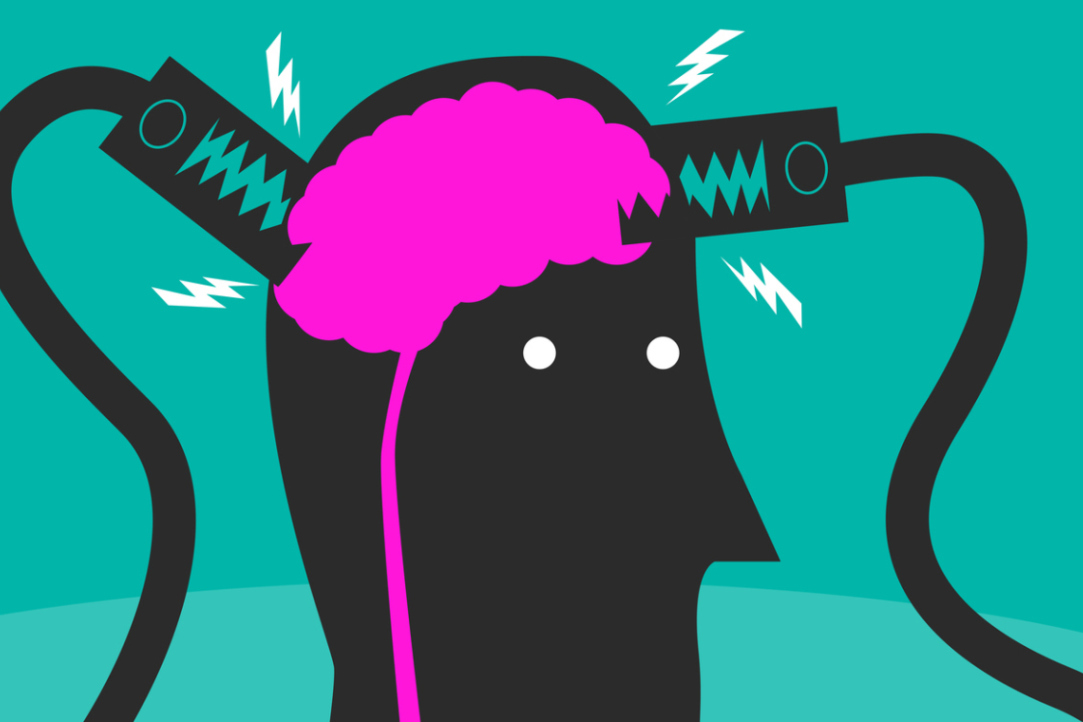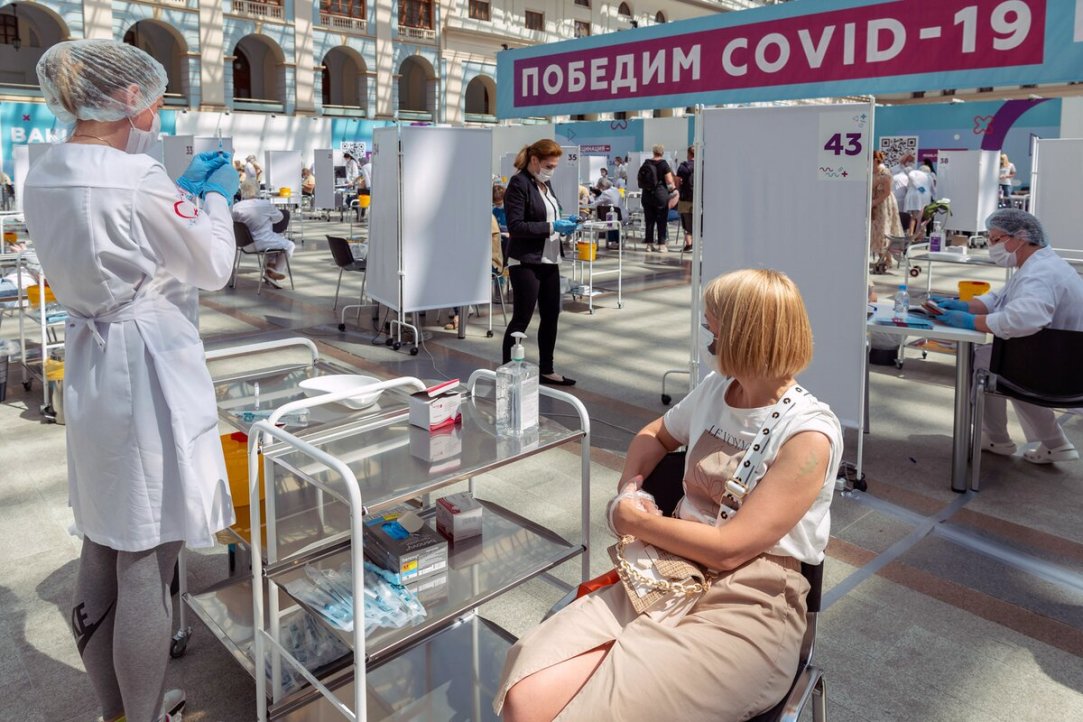
Machine Learning Predicts Epileptogenic Activity from High-Frequency Oscillation Rates
In an innovative study, researchers from HSE University, RAN Institute of Linguistics, and the National Medical and Surgical Centre named after N.I. Pirogov measured and analysed high-frequency oscillations (HFO) in different regions of the brain. An automated detector predicted seizure outcomes based on HFO rates with an accuracy rate of 85%, and by applying machine learning, made it possible to distinguish between epileptogenic and non-epileptogenic HFO. The study’s findings are published in Frontiers in Human Neurosciences.

Research Finds Genes Associated with Most Aggressive Kidney Cancer
HSE researchers have found genes characteristic of the most aggressive subtype of clear cell renal carcinoma. Having studied data on tumour samples from 456 patients, Grigory Puzanov, research fellow at the HSE Faculty of Computer Science International Laboratory of Bioinformatics, identified cancer subtypes associated with either a favourable or unfavourable course of the disease. The paper is published in Scientific Reports.

17 Articles by Researchers of HSE Faculty of Computer Science Accepted at NeurIPS
In 2022, 17 articles by the researchers of HSE Faculty of Computer Science were accepted at the NeurIPS (Conference and Workshop on Neural Information Processing Systems), one of the world’s most prestigious events in the field of machine learning and artificial intelligence. The 36th conference will be held in a hybrid format from November 28th to December 9th in New Orleans (USA).

HSE Researchers Caused People to Behave Less Rationally by Suppressing Activity in Specific Parts of the Brain
Researchers at the HSE Institute for Cognitive Neuroscience have shown experimentally that magnetic stimulation of the prefrontal cortex of the brain causes test subjects to act less rationally, changing how they assess possible outcomes at the moment they make risky decisions. The scientists believe that the discovery will provide a better understanding of the mechanisms that give rise to gaming addiction. The results of the study were published in the journal Scientific Reports.

Russian Chemists Improve Seawater Desalination Membrane
A team of researchers of the HSE Faculty of Chemistry Joint Department of Inorganic Chemistry and Materials Science with the RAS Kurnakov Institute of General and Inorganic Chemistry have designed a novel type of hybrid ion-exchange membrane. Such membranes can be used to produce drinking water from seawater, which is particularly relevant for areas with access to the sea and a shortage of drinking water. The study is published in Desalination.

Russian Scientists Propose New Method of Studying Cognitive Dissonance
Researchers from HSE University propose using online TMS (transcranial magnetic stimulation) to study the dynamics of cognitive dissonance. The study findings are published in Pavlov Journal of Higher Nervous Activity.

Senior Scholars’ High Achievements Rely on Strong Personality and Favourable Environment
According to researchers of the Moscow City Pedagogical University (MSPU) and HSE University Vladimir Postavnev, Irina Postavneva, Vadim Peskov and Alexey Dvoinin, certain personality traits can help older scholars stay productive and creative for a long time. The study findings are published in Acta Biomedica Scientifica.

Research Reveals RNA's Role in Cancer Progression
An international group of scientists and medical specialists, including HSE researchers, examined the role played by microRNA (miRNA) and long non-coding RNAs on the progression of ovarian cancer. Having analysed more than a hundred tumour samples, they found that miRNA can prevent cell mutation while long non-coding RNAs have the opposite effect of enabling such mutations. These findings can help design new drugs which act by regulating miRNA concentrations. The study was published in the International Journal of Molecular Sciences.

Acceptance of Vaccination Associated with Lower Social Media Use and Higher Trust in Government
Vaccination is generally considered an essential tool for curbing the COVID-19 pandemic. Although Russia was one of the first countries to develop a vaccine against COVID-19 and launched an immunisation campaign in 2021, its vaccination rates remained low for a long time. By October 2021, only 36% of Russian adults were vaccinated, many of whom were compelled by their employers to do so. Having examined the factors contributing to low trust in vaccination among Russians, HSE economists suggest measures to improve vaccination uptake. The paper is published in Vaccine.

The Results of Dyslexia Diagnosis Depend on the Tests Used
HSE University researchers have found that complex phonological tests involving several cognitive processes predict dyslexia better than simple ones. This may happen due to the fact that Russian-speaking children with dyslexia generally do not have difficulties distinguishing speech sounds. However, it’s not enough to use only phonological tests to reliably diagnose the causes of reading disorders. The results of the study were published in the Journal of Speech, Language and Hearing Research.


Application deadline: May 20